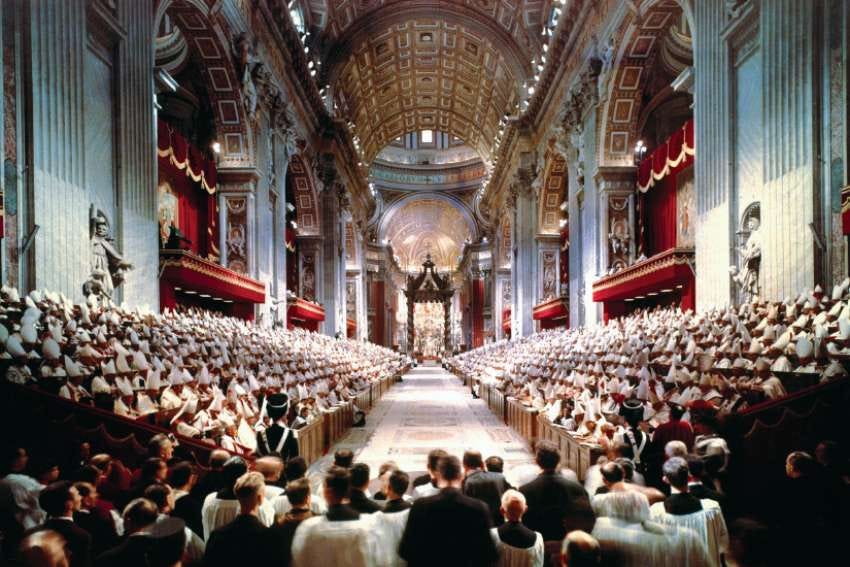“If a marriage were to reflect continually on the reality of the marriage, it would eo ipso become a mediocre marriage, since the energy that should be used for carrying out the tasks of the married life would be used by reflection to waste away the foundation. … Therefore, even if the state or the state Church has sufficient soundness to discharge the revolutionary, it is nevertheless harmful that reflection is occasioned.”
The Book on Adler was published in 1872, nearly two decades after Kierkegaard’s death. Originally, the occasion of the treatise was a controversy within the Danish state church: Adolph Peter Adler (1812-69), a prominent priest and theologian, had claimed to receive a revelation directly from God, and he was subsequently suspended by Bishop Jakob Peter Mynster (1775-1854). Kierkegaard, however, was not so much interested in Adler’s ecclesiastical standing as in the philosophical-cum-theological significance of his alleged revelation. On what basis, Kierkegaard wondered, can one rightly claim to be an apostle of God, rather than a merely human genius? Moreover, who gets to decide what counts as authoritative church teaching and what doesn’t? In the passage cited above, Kierkegaard observes that such questions portend danger for established churches, because they tap into the modern proclivity for “reflection” and thereby impede the flowering of the church’s inner life.




